Endowed by the National Civil Justice Institute, this annual lecture honors the life and work of Howard F. Twiggs.
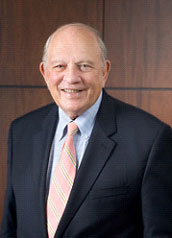
1932-2010
Howard Twiggs was president of the Institute in 1997-1999, and served NCJI for more than twenty years as a beloved trustee, adviser, supporter, and defender. He also served the state, regional, national and international trial bars in a multitude of different capacities in a career that spanned more than fifty years, earning every honor accorded to those who champion the causes of injury victims and their families. His bar service culminated in his 1996-97 presidency of the Association of Trial Lawyers of America (ATLA®, now the American Association for Justice).
Howard also had a public career as a state legislator, in which he was a tireless seeker of justice for all of the citizens of North Carolina, especially injury victims, those who suffered from disabilities, and those who were victims of injustice.
Howard spent untold hours teaching advocacy skills to younger lawyers in the United States and other countries, and he worked tirelessly throughout his career to support and enhance the cause of professionalism of all members of the bar. While not working on behalf of clients or bar organizations, Howard enjoyed sailing and fishing.
Upon his death in 2010, Howard was the senior partner in the Raleigh, North Carolina law firm of Twiggs, Beskind, Strickland and Rabenau. His passing was mourned by all segments of the legal profession in North Carolina, including defense lawyers, one of whom called him “a consummate peacemaker.”
2024 Lecture, Nashville, Tennessee
“Reviving Professionalism, Access & Inclusion to Address Threats to the Rule of Law and the Challenges Posed by the Rise of New Technologies”

by Prof. Raymond Brescia, Albany Law School
Tuesday, July 23, 2024, Music City Center, Nashville, TN
Professor Brescia is Associate Dean for Research and Intellectual Life; Hon. Harold R Tyler Chair in Law and Technology at Albany Law School. Before coming to Albany Law, he was the Associate Director of the Urban Justice Center in New York, N.Y., where he coordinated legal representation for community-based institutions in areas such as housing, economic justice, workers’ rights, civil rights and environmental justice. He also served as an adjunct professor at New York Law School from 1997 through 2006. Prior to his work at the Urban Justice Center, he was a staff attorney at New Haven Legal Assistance and the Legal Aid Society of New York. He is the author of many books and articles examining economic and social inequality, the legal and policy implications of financial crises, how innovative legal and regulatory approaches can improve economic and community development efforts, and the need to expand access to justice for people of low and moderate income.
2023 Lecture, Phoenix, Arizona
“The Trial Lawyer’s Journey: Thoughts on the Profession”
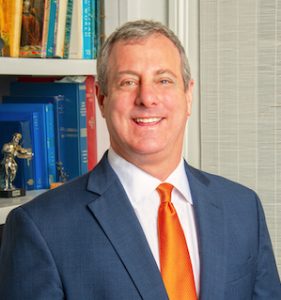
by Stephen Herman, Esq. former NCJI President
Monday, February 6, 2023, JW Marriott Desert Ridge Hotel, Phoenix, AZ
Steve Herman is special counsel in the Litigation Section of the law firm of Fishman Haygood L.L.P. With thirty years of experience, his primary practice focus recently has been on representing both plaintiffs and defendants in commercial, class action, and professional liability cases. Steve also is often asked to provide expert testimony in such matters. More…
2020 Lecture, via AMPED-UP Virtual Experience
“How Implicit Bias Affects the Courtroom”
by Prof. Jeffrey J. Rachlinski, Cornell Law School
Wednesday, July 15, 9:50-10:50 am EDT, during the AAJ Annual Convention
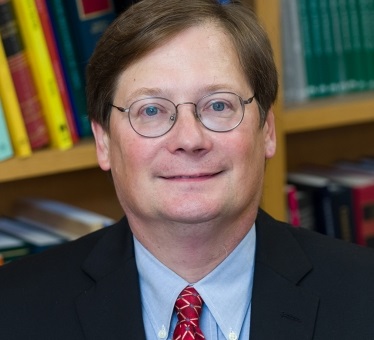
Jeffrey Rachlinski is the Henry Allen Mark Professor of Law at Cornell Law School. He is an innovator in both administrative law and in social psychology and the law. Since joining the Cornell Law School faculty in 1994, less than a year after receiving a Ph.D. in Psychology and a J.D. from Stanford University, Professor Rachlinski has offered new perspectives on the influence of human psychology on decision-making by courts, administrative agencies, and regulated communities.
Professor Rachlinski’s unique analytical viewpoint has led him to explore varied topics in legal practice, such as litigation strategies, punitive damages, administrative law, environmental law, and products liability. Professor Rachlinski has taught social and cognitive psychology for lawyers, administrative law, environmental law, civil procedure and torts. He has written and presented on implicit bias and other issues in law and psychology for the last 20 years. He received his B.A. and M.A. (Psychology) from the Johns Hopkins University in 1988.
2019 Lecture, San Diego, California
“RESPECT: A Successful Lawyer’s Secret Weapon”
by Randall Kinnard, Esq., Nashville, TN
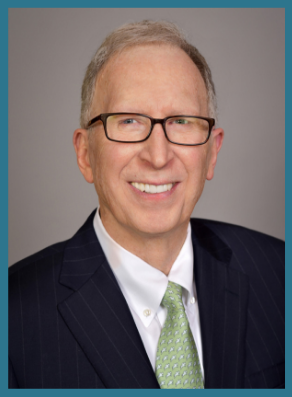
Mr. Kinnard is certified as a Civil Trial Specialist by the National Board of Trial Advocacy and by the Tennessee Commission on Continuing Legal Education & Specialization. He is also a Certified Medical Malpractice Specialist. He has won many record-setting verdicts for his clients in over 30 years of practice. Randall Kinnard was voted the lawyer they would most want to represent them in a medical malpractice case by Middle Tennessee lawyers, said Business Nashville, which quoted one lawyer as saying, “It’s pretty well recognized that he is the premier plaintiff’s medical malpractice attorney in Nashville.”
But, as he says, “It’s not all about doing the best you can for your client as a lawyer. It’s also about being a counselor and a friend to your client.” When he teaches other lawyers about how to be a good lawyer, he emphasizes two things: (1) competence and (2) respecting your client. This means “being there” for your client, he says.
Before entering law school, he attended West Point and served in Vietnam. His combat experience with the 173rd Airborne Brigade has served him well in the practice of law. A combat Airborne Ranger, he was awarded the Vietnamese Cross of Gallantry, Purple Heart, Bronze Star for Valor and Air Medal for 28 assaults in combat during his two tours in Vietnam. He also served with the 82nd Airborne Division and 101st Airborne Division.
2018 Lecture, Denver, Colorado
by Hon. Andre M. Davis (ret.), City Solicitor for Baltimore
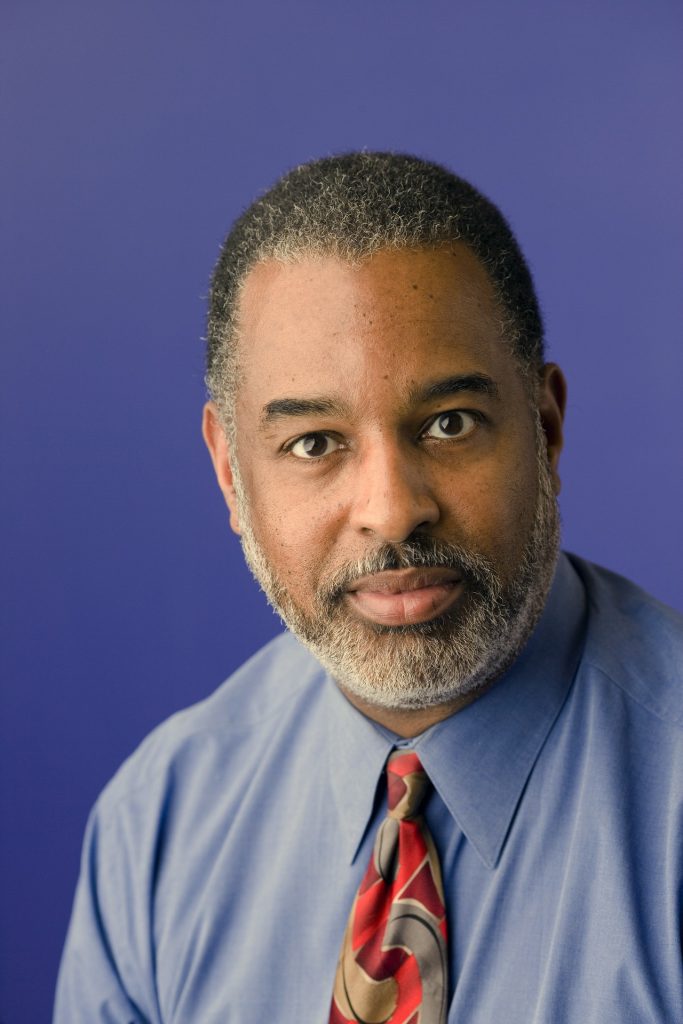
Andre Davis received his B.A. in American History from the University of Pennsylvania, and his J.D., with honors, from the University of Maryland School Of Law. After law school, he clerked at the U.S. District Court in Baltimore and the United States Court of Appeals for the Fourth Circuit. Thereafter, he served as an appellate attorney for the Civil Rights Division of the U.S. Department of Justice in Washington and as an Assistant United States Attorney for the District of Maryland. He was briefly in private practice, and taught at the University of Maryland School Of Law in several capacities from 1984 until 2014. He has been a frequent CLE lecturer on various aspects of civil and criminal practice.
Judge Davis was appointed to the District Court of Maryland for Baltimore City in 1987, and subsequently served on the Circuit Court for Baltimore City until his 1995 appointment to the federal bench by President Bill Clinton. In 2009 he was nominated by President Barrack Obama to the Court of Appeals for the Fourth Circuit. After assuming senior status in February 2014, he continued to carry a full load of cases on the Fourth Circuit while also sitting as a visiting circuit judge with the United States Courts of Appeals for the Sixth and Ninth Circuits.
In September 2017 Judge Davis retired fully from the bench to join newly-elected Mayor Catherine Pugh’s administration as City Solicitor, Head of the Law Department, and a member of the Board of Estimates (the City’s Spending Authority). He heads a staff of 110, including 65 lawyers who represent the City in all civil legal matters. In his role as counsel to the Baltimore City Police Department, he is at the forefront of the City’s implementation of the federal court consent decree that was jointly agreed to by Baltimore City and the U.S. Department of Justice following the widespread unrest in April 2015 and the subsequent Justice Department investigation of Baltimore police practices.
2017 Lecture, Boston, Massachusetts
“The Professional Responsibility of the Private Attorney General”
by Prof. Arthur Miller, New York University School of Law
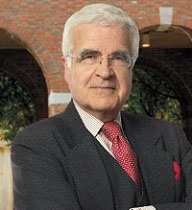
Arthur R. Miller, CBE is one of the nation’s most respected and best-known legal scholars in the areas of civil litigation, copyright, unfair competition, and privacy. He is University Professor at New York University School of Law, Associate Dean of the NYU School of Professional Studies, Director of the Tisch Sports Institute, and Chairman of the NYU Sports & Society Program. He was formerly Bruce Bromley Professor of Law at Harvard Law School. He received his undergraduate degree from the University of Rochester and his law degree from Harvard Law School. He is the author or co-author of more than forty books, including Wright and Miller’s FEDERAL PRACTICE AND PROCEDURE treatise and a civil procedure casebook with Professors Jack H. Friedenthal, Mary Kay Kane, and Helen Hershkoff. He has also written numerous articles on other subjects, including copyright and privacy issues. He maintains an active law practice, particularly in the federal appellate courts, and has served as a member and reporter for the Advisory Committee on Civil Rules of the Judicial Conference of the United States, as the Reporter for the American Law Institute’s Project on Complex Litigation, and as a Commissioner on the United States Commission on New Technological Uses of Copyrighted Works.
Outside of the classroom, Professor Miller has had a parallel career as a media commentator on legal matters. He hosted the “Miller’s Court” television series for eight years, served as legal editor of ABC’s “Good Morning America” program, hosted Court TV’s weekly “Miller’s Law” series, and moderated several programs in the PBS Socratic dialogue series, “The Constitution: That Delicate Balance.” In 2011, Queen Elizabeth II named him a Commander of the Order of the British Empire for his charitable and media work.
2016 Lecture, Los Angeles, California
“Eliminating Bias in Jury Selection: Reflections on Foster v. Chatman, 136 S. Ct. 1737 – 2016”
by Stephen B. Bright of Yale Law School and the Southern Center for Human Rights
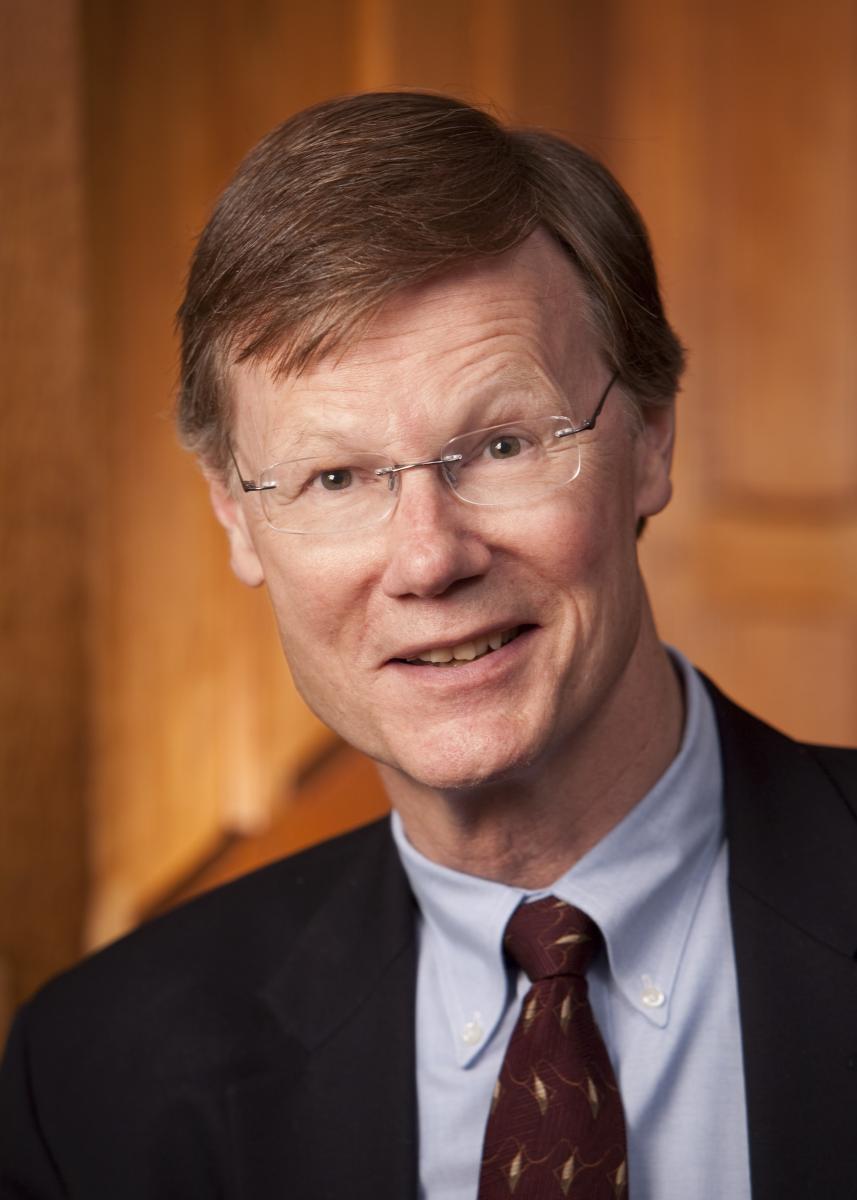
Stephen B. Bright has represented people facing the death penalty at trials and on appeals and post-conviction review in the state and federal courts for over 30 years, including the U.S. Supreme Court, where he has argued three capital cases involving racial discrimination in the selection of juries. The Court found discrimination in all three of the cases, including the most recent: Foster v. Chatman, 2016 WL 2945233 (May 23, 2016). He has also brought class action lawsuits to remedy human rights violations in prisons and jails, and has challenged inadequate representation provided to poor people accused of crimes. As part of his work at the Center for Human Rights, Professor Bright was instrumental in the creation of a public defender system in Georgia through passage of the Georgia Indigent Defense Act.
Professor Bright has taught at Yale Law School since 1993, and has published numerous essays and articles on the right to counsel, racial discrimination in the criminal justice system, judicial independence, and other topics. He has also taught at the law schools at Harvard University, the University of Chicago, Emory University, Georgetown University, the University of Georgia, the University of Tennessee, Northeastern University, and American University. He served as director of the Southern Center for Human Rights from 1982 through 2005, where he developed a national reputation as an opponent of the death penalty and an advocate of the right to counsel for poor people accused of crimes. He has been president and senior counsel at the Center since 2006.
2015 Lecture, Montreal, Quebec
“Defeating Unethical Opposing Counsel”
Hon. Mark W. Bennett of U.S. District Court, Northern District of Iowa
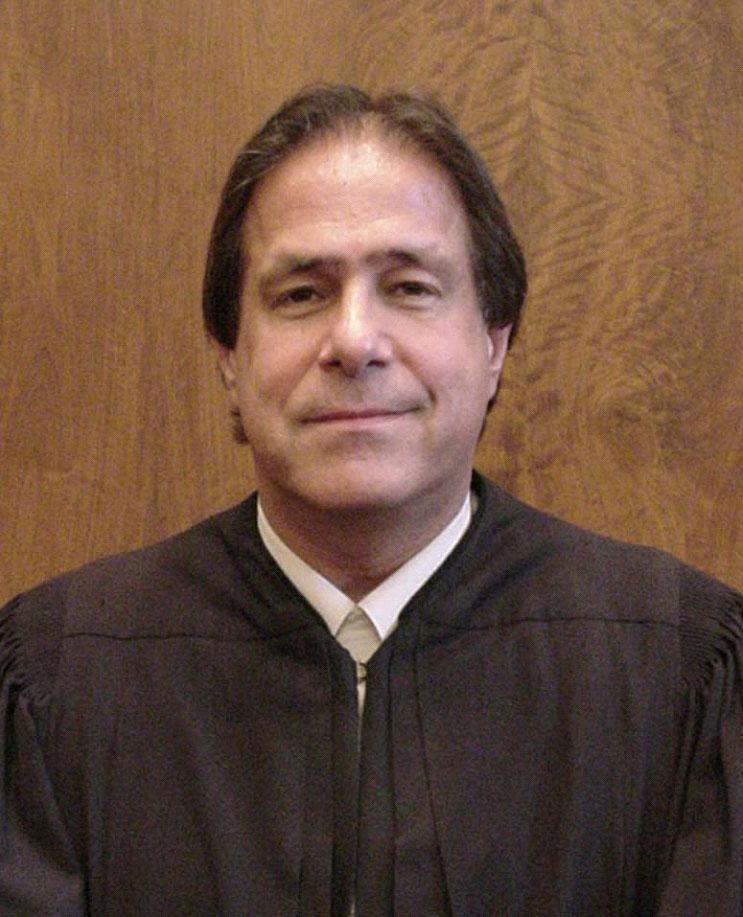
Mark W. Bennett had extensive experience as a trial lawyer prior to going on the bench. Following his graduation from Drake University Law School in 1975, he founded his own law firm and began a litigation practice that took him into more than 50 federal district courts and the United States Supreme Court before he was 35. He was appointed to the federal bench in the Northern District of Iowa in 1994, and served as its Chief Judge from 2000 to 2007. In addition to his private practice and judicial service, Judge Bennett has been an active academic, teaching at Drake, the University of Iowa College of Law, the University of Nebraska College of Law, and the University of Hawaii School of Law. He has written more than 1200 published opinions, has co-authored a treatise on Employment Relationships Law & Practice, has published thirteen law review articles, and has been elected to the American Law Institute. In May of 2013 Judge Bennett was the recipient of the first annual Mark W. Bennett Award given by the Federal Bar Association for contributions to federal sentencing policy.
2014 Lecture
The 2014 Lecture was delivered by Honorable R. Fred Lewis of the Florida Supreme Court on July 27 in Baltimore, Maryland.
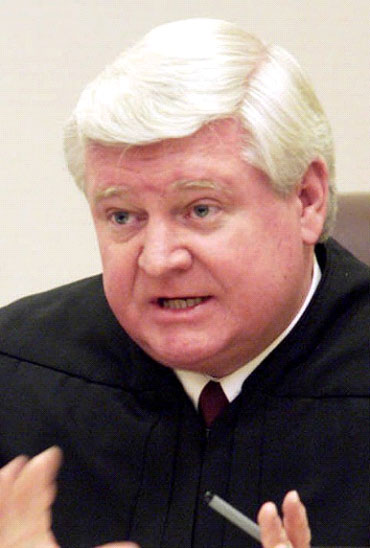
Justice Lewis was appointed to the Florida Supreme Court in 1998. He has served as liaison to the Florida Board of Bar Examiners for many years, leading the effort to require higher academic and character standards for applicants to the Florida Bar. He currently chairs the Florida Bar’s Supreme Court Commission on Professionalism. Justice Lewis is the founder of Justice Teaching, a program that has placed over 3,900 active volunteers from the legal profession in all of Florida’s public schools and in over 350 private schools. The program has been adopted in many other states. Justice Lewis has been recognized for his dedication to vulnerable, disadvantaged and underserved members of society. For that and many other activities, he was selected as Florida’s Citizen of the Year in 2001 by the Florida Council.
2013 Lecture
The 2013 Lecture was delivered by attorney and former Mississippi Supreme Court Justice Oliver Diaz on July 21 in San Francisco, California.
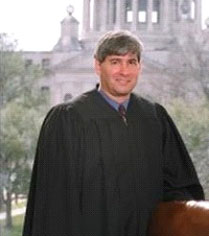
Oliver Diaz received his B.A. degree from the University of South Alabama, his J.D. degree from the University of Mississippi School of Law, and an LL.M. degree from the University of Virginia School of Law. He served in the Mississippi House of Representatives from 1988 to 1994, with positions on the Insurance Committee, the Judiciary Committee, and the Ways and Means Committee, and served as Secretary for the Constitution Committee. He also served as City Attorney for the City of D’Iberville for four years. He was elected to the Court of Appeals in November 1994, and was appointed to the Supreme Court of Mississippi in 2000, later winning election to an eight- year term beginning January 2001. He now practices law in Jackson, Mississippi.
2012 Lecture
The 2012 Lecture was delivered by attorney Mark Mandell on July 28 in Chicago, Illinois.
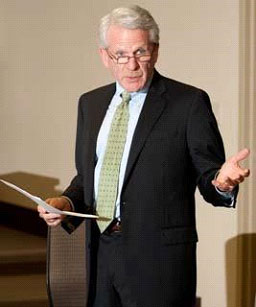
Mark S. Mandell is a partner in the law firm of Mandell, Schwartz & Boisclair, Ltd., in Providence, Rhode Island. He is a graduate of the University of Alabama and of Georgetown University Law Center. He is admitted to practice before the Rhode Island and Alabama Supreme Courts and the United States Supreme Court. He is a member of the American Law Institute and the American Judicature Society. He has served as president of the Association of Trial Lawyers of America (ATLA®, now the American Association for Justice), the National Civil Justice Institute, the Rhode Island Bar Association, and the Rhode Island Trial Lawyers Association. Mark is a member of the Rhode Island Supreme Court Ethics Advisory Panel, and has also served on the Governor’s Advisory Commission on Judicial Appointments and the Rhode Island Supreme Court Commission on the Future of the Rhode Island Judicial System. He also serves on the Board of Trustees of the Roger Williams University School of Law. Mark Mandell and Howard Twiggs were close friends for many years.
2011 Lecture
The first lecture in the series was delivered by the Honorable James W. Kitchens, Associate Justice of the Mississippi Supreme Court at the Annual Convention of the American Association for Justice, on July 11, 2011.
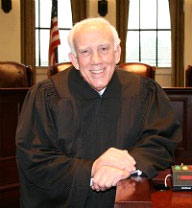
Justice James W. Kitchens is a lifelong resident of Crystal Springs, Copiah County, Mississippi, and a graduate of Crystal Springs High School, the University of Southern Mississippi, and the University of Mississippi School of Law. He is licensed to practice law in the courts of Mississippi and the District of Columbia, and is a member of the bar of the United States Supreme Court.
He was elected district attorney for the Mississippi counties of Copiah, Lincoln, Pike and Walthall in 1971, 1975 and 1979. He served for nine years before returning to the private practice of law. He did not seek public office again until 2008, when he was elected to an eight-year term on the Mississippi Supreme Court.
Justice Kitchens has been married to Mary Tooke Kitchens, now a retired public school teacher, since 1968. They have five adult children and eight grandchildren.
Justice Kitchens and Howard Twiggs were close friends for nearly 30 years.
To read the paper written by Justice Kitchens to accompany his Twiggs Lecture, click here.
To view the Mississippi Bar’s Lawyer’s Creed referenced by Justice Kitchens, click here.